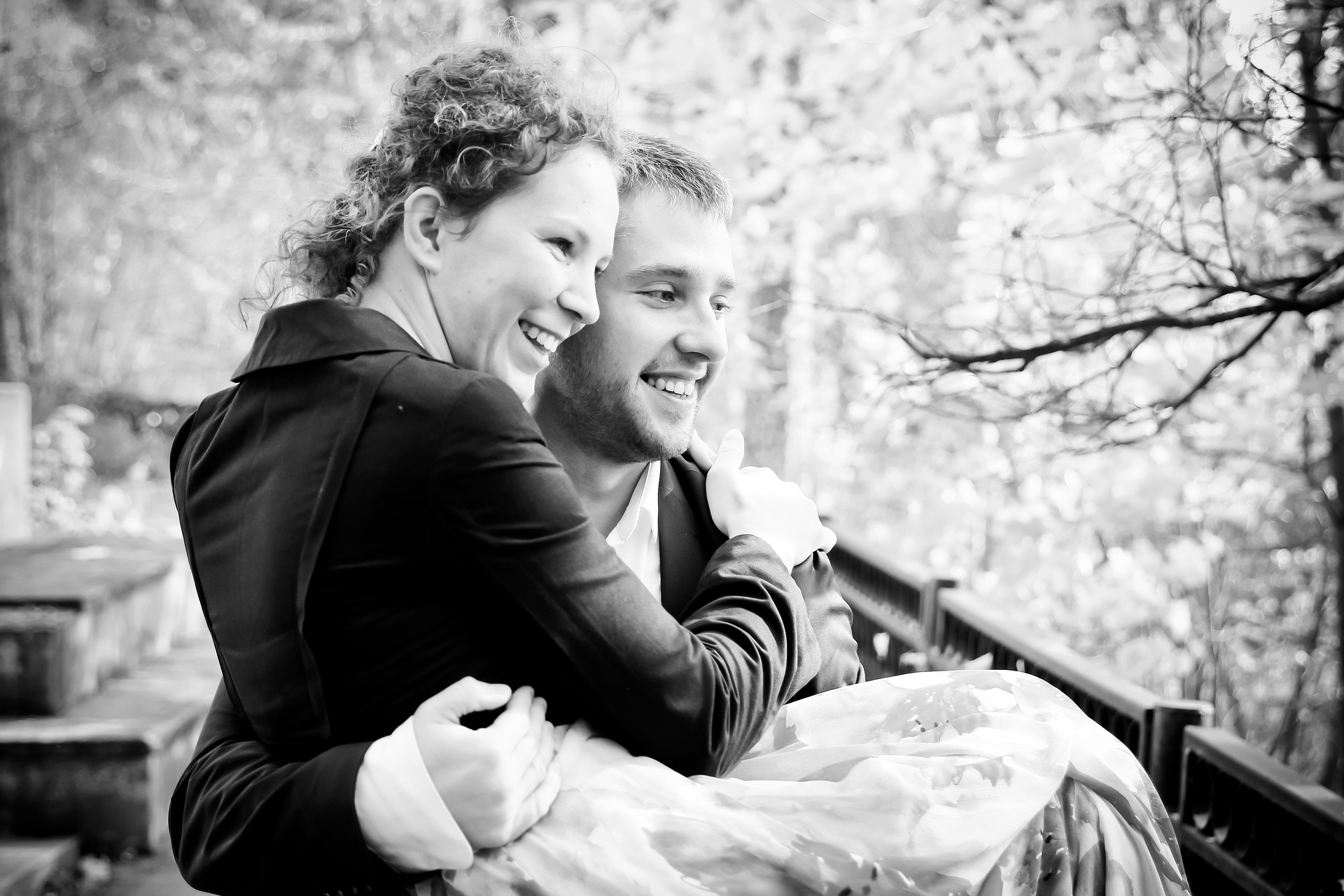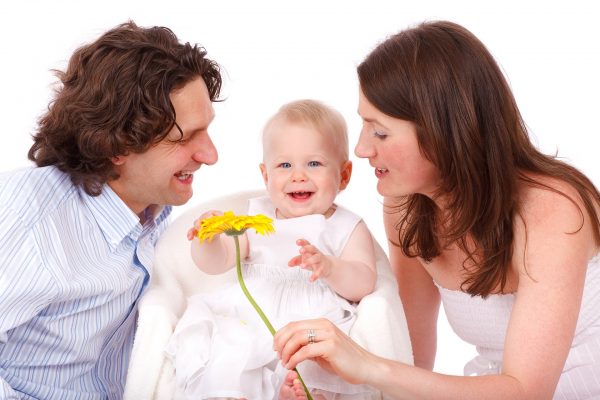According to past sociological & psychological studies & surveys, 67% of couples experience a decline in relationship satisfaction in the first three years of a baby’s life and this deterioration often persists into subsequent years. In fact, one study showed that couples notice a 40% increase in arguments after having a baby, and two-thirds of these couples admitted that these were often “silly” arguments caused by stress or exhaustion.
Though many couples are over the moon about their new bundle of joy, they also struggle with work-life balance, more loneliness, financial stress, friendship changes, more chores, and minimal free time.
New parents are also sleep-deprived, which, research suggests, greatly diminishes their ability to stay positive, communicate, and manage your emotions. One study revealed that working couples felt their daily workload increased by 4 hours each day after they had a baby.
Today relationship expert and Marriage Counsellor Shivani Misri Sadhoo shares some important tips that new or would-be parents can follow & practice to avoid the decline of their relationship & closeness after having their baby.
1. Understand, Communicate and except that there will be change in Sex life
Women and men are wired very differently – a new mother can be totally consumed with baby care all day and night. She may simply feel ‘all energy drained out’ after giving so much of her body to the baby and energy to household chores. Conversely, the guy’s way of feeling close is to have sex. As this is where things can break down, communication and understanding play a vital role in increasing the intimacy.
Counsellor Shivani suggests all husbands that during their early fatherhood phase, instead of ending up staying away from the wife and feel rejected in their heart, they should put efforts to do baby care & household chores and try to get their wife as much as possible the free time to take rest. This will definitely go to win their wife’s attention and heart and gradually will make them come closer their husband.
2. Mothers should find some time for themselves
Remember if you feel worn out after a long day, you can’t expect to feel excited about your relationship: you need to keep loving yourself in little ways so that you have good energy and loving feelings towards your partner.
“It’s important to find ‘me’ time as well as “we” time,” says Counsellor Shivani. It can be good to stick a reminder fir the things you need to do for self-care – from painting your toenails to watching a movie on Youtube while you feed the child or call a friend or check emails while baby has a kick on the floor,
3. Plan The Time You Can Spend with your partner.
Good relationship maintenance requires couples to spend quality time with each other and after the baby comes, free time looks like a distant dream. Hence couples must recognize the requirement to spend quality time and they should plan accordingly. Like every weekend you may keep you child with his/her grandparents and go to watch a movie or have a dinner in the restaurant.
4. Both the partners should try to join parenting classes
In today’s nuclear family parents put too much attention on their single or two children and as result, today’s parents commonly argue over whose way is right, because both partners are adjusting to their new roles and responsibilities.
Many young fathers feel left out, especially if the mother acts as the baby’s primary caregiver. New moms often feel as if their husbands are ill-informed or less experienced and that sparks the frequent arguments.
Hence before the baby is born, both the partners should conjointly visit the doctor and most importantly both should try to attain parental classes that generally been organized by all major hospitality chains or by individual counselors. This way they will adopt coordinated parenting style early in their life instead of wasting their precious time arguing, criticizing each other parenting style and distancing themselves from each other.
About the author: Counsellor Shivani Misri Sadhoo is the consulting psychologist with Fortis Hospital, IBS (Indian Brain & Spine) Hospital and with Express Clinics.
Counsellor Shivani has served over thousands plus happy & satisfied individuals and couples in India and abroad.She is one of India’s eminent Marriage Counsellor & Relationship Expert, who is frequently been featured by leading newspapers, magazines and TV channels.








